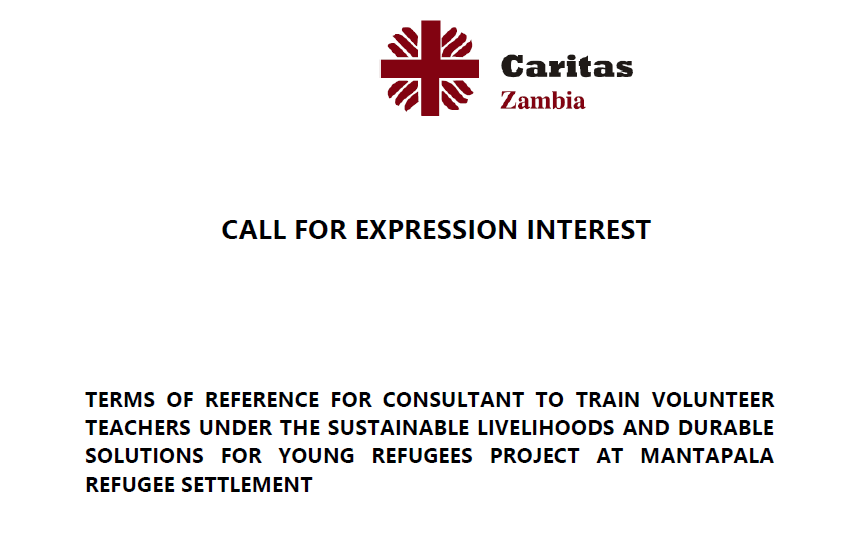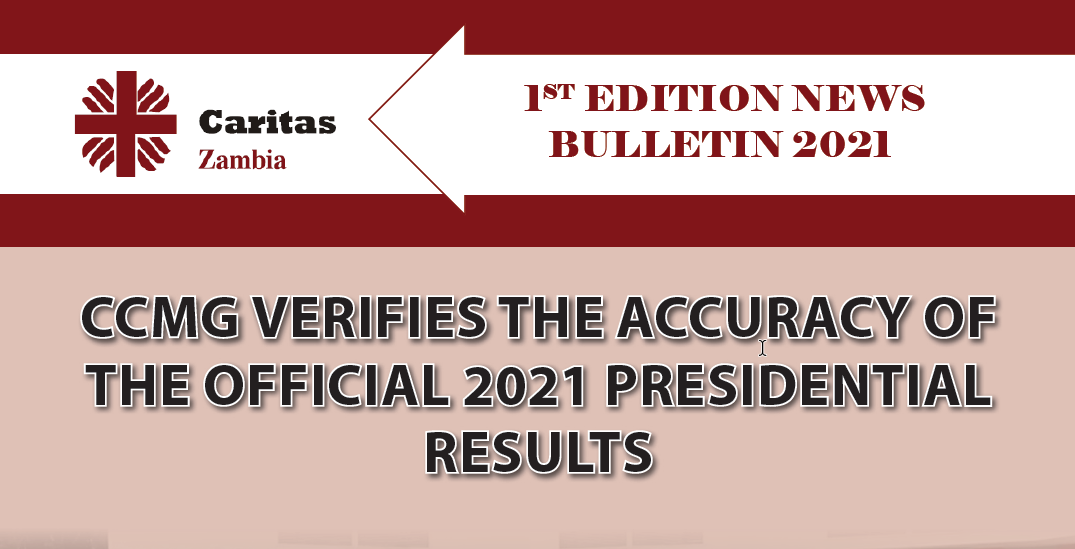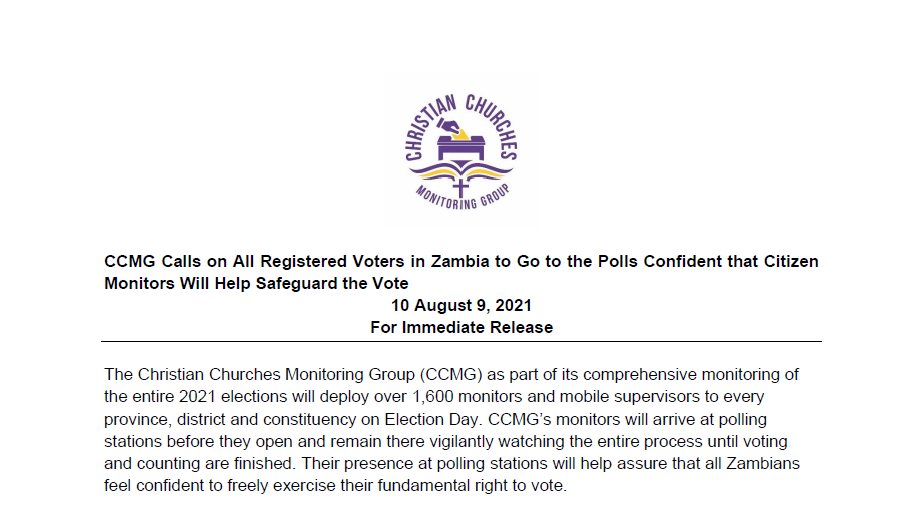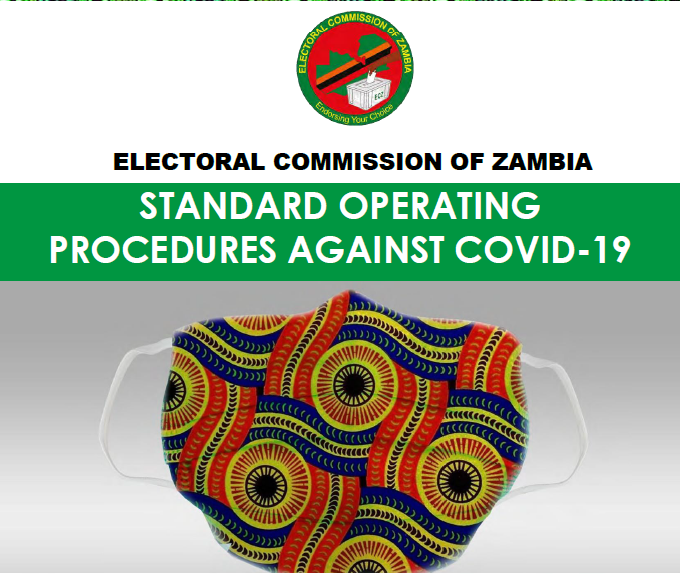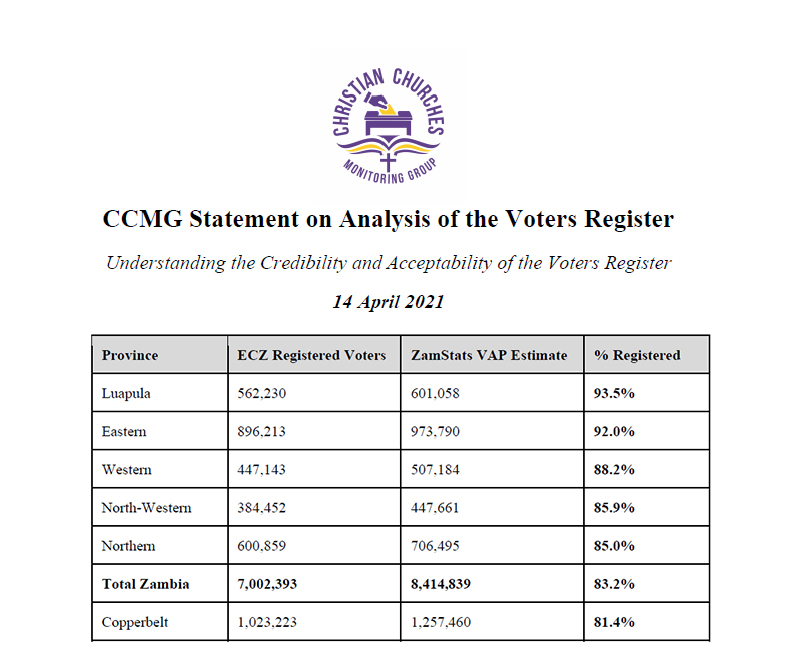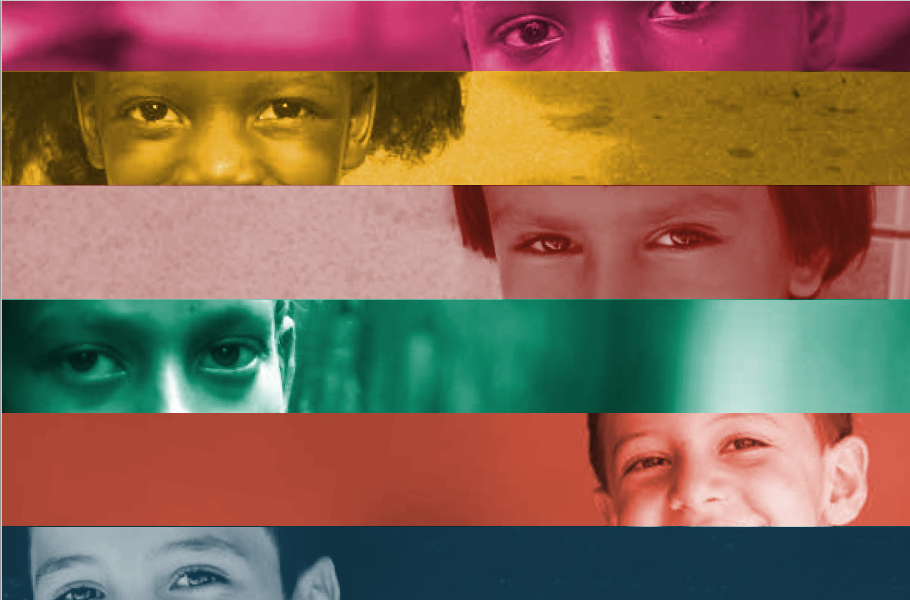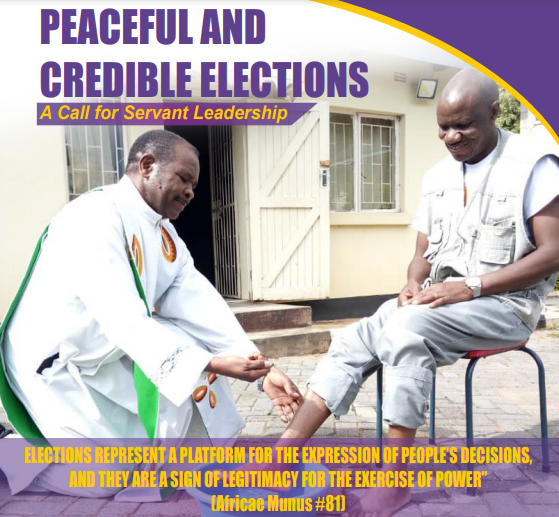TERMS OF REFERENCE FOR CONSULTANT TO TRAIN VOLUNTEER TEACHERS UNDER THE SUSTAINABLE LIVELIHOODS AND DURABLE SOLUTIONS FOR YOUNG REFUGEES PROJECT AT MANTAPALA REFUGEE SETTLEMENT
BACKGROUND
Caritas Zambia with support from terre des hommes Deutschland (TDH) in Partnership with the Federal Ministry for Economic Cooperation and Development (BMZ) of Germany is implementing a project titled “Sustainable Livelihoods and Durable Solutions for Young Refugees” at the Mantapala Refugee Settlement and Host Communities in Nchelenge District for a period of three (3) years (2021-2023).
The main goal of this project is to contribute to the attainment of Sustainable Livelihoods and Durable Solutions for Young Refugees. Also to ensure that empowered youth in the refugee settlement and host communities use their capacities to pursue viable and sustainable livelihoods and earn a living independently.
Download the entire CALL FOR EXPRESSION INTEREST TO TRAIN VOLUNTEER TEACHERS here https://caritaszambia.org/phocadownload/general/Mantapala-Teacher-Training-TOR.pdf
TERMS OF REFERENCE FOR CONSULTANT TO DEVELOP TRAINING MANUAL ON SUSTAINABLE LIVELIHOODS/IGA MANAGEMENT
CONTEXT AND BACKGROUND
Caritas Zambia with support from terre des hommes Deutschland (TDH) in Partnership with the Federal Ministry for Economic Cooperation and Development (BMZ) of Germany is implementing a project titled “Sustainable Livelihoods and Durable Solutions for Young Refugees” at the Mantapala Refugee Settlement and Host Communities in Nchelenge District for a period of three (3) years (2021-2023).
The main goal of this project is to contribute to the attainment of Sustainable Livelihoods and Durable Solutions for Young Refugees. Also to ensure that empowered youth in the refugee settlement and host communities use their capacities to pursue viable and sustainable livelihoods and earn a living independently.
Caritas Zambia will therefore engage a consultant to develop and design a training manual.
Download the entire CALL FOR EXPRESSION INTEREST TO TO DEVELOP TRAINING MANUAL ON SUSTAINABLE LIVELIHOODS/IGA MANAGEMENT here https://caritaszambia.org/phocadownload/general/Mantapala-Training-Manual-TOR.pdf
Caritas Zambia;
APPRECIATES the commitments shared to the UN food summit by His Excellency, President Hakainde Hichilema that spoke to the improvement of agriculture extension services; investment in research; regeneration of land and the protection of biodiversity; the regeneration of indigenous species; forest management; and a robust tree planting exercise. Further, we appreciate the fact that the government recognises that the production of quality foods needs will be supported by a robust and sustainable agriculture value chain. Caritas Zambia hopes that this spirit can lead to leaving NO rural farmer, especially small scale, will be left behind in the attaining of food and seed sovereignty in Zambia.
WELCOMES; The proposed actions and hopes that it will lead to the preservation of the ecosystems and pave way for genuine human participation, ensuring that the experience and wisdom of our traditional rural farmers in the country contribute to the national decisions and programmes to improve agriculture;
In order to cement these pronouncements and make sure that they are clear, in the context of our country Zambia, we urge the government to be clear on the following commitments, and our concerns;
• Sustainable Agriculture practices: need to clearly define what this entails in practice.
• Improving crop varieties and livestock: There is a need for clarification on how the promotion of local breeds and varieties will be integrated and maintained especially indigenous seed production.
• Appropriate technology and innovation; there is a need to clearly define what is meant by ‘appropriate’ as the government commits itself to ecological and social justice.
Given to the Press on 28th September 2021
Ms. Musamba Mubanga
Livelihoods and Climate Change Programme Specialist
Download the entire Caritas Zambia Recognition of the Presidential Speech at the UN Food Systems Summit held in New York 23rd to 24th September 2021 here https://caritaszambia.org/phocadownload/general/CARITAS-ZAMBIA-RECOGNITION-OF-THE-PRESIDENTIAL-SPEECH-AT-THE-UN-FOOD-SYSTEMS-SUMMIT-HELD-IN-NEW-YORK-23RD-TO-24TH-SEPTEMBER-2021.pdf
CARITAS Zambia Bulletin 2021
Download the entire CARITAS Zambia Bulletin 2021 here https://caritaszambia.org/phocadownload/general/CARITAS-BULLETIN-2021.pdf
CCMG Calls on All Registered Voters in Zambia to Go to the Polls Confident that Citizen Monitors Will Help Safeguard the Vote
10 August 9, 2021
For Immediate Release
The Christian Churches Monitoring Group (CCMG) as part of its comprehensive monitoring of the entire 2021 elections will deploy over 1,600 monitors and mobile supervisors to every province, district and constituency on Election Day. CCMG’s monitors will arrive at polling stations before they open and remain there vigilantly watching the entire process until voting and counting are finished. Their presence at polling stations will help assure that all Zambians feel confident to freely exercise their fundamental right to vote.
THE TECHNICAL COMMITTEE ON COVID-19 IN THE ELECTORAL PROCESS
The Technical Committee to work on mainstreaming COVID-19 prevention mechanisms into the 2021 General Election Calendar developed the Standard Operating Procedures against COVID-19 in the Electoral Process following a consultative process.
Membership of the Technical Committee is multi-sectoral and multidisciplinary as follows;
- Ministry of Information and Broadcasting;
- Ministry of General Education;
- Ministry of Health;
- Zambia National Public Health Institute (MOH);
- Disaster Management and Mitigation Unit Office of the Vice President (DMMU-OVP)
- Zambia Centre for Inter Party Dialogue
- Ministry of Local Government
- Ministry of Home Affairs/ Zambia Police
- Media Institute for Southern Africa
- WaterAid
- Electoral Commission of Zambia
Download the entire ELECTORAL COMMISSION OF ZAMBIA STANDARD OPERATING PROCEDURES AGAINST COVID-19 here https://caritaszambia.org/phocadownload/general/ECZ-COVID-19-GUIDELINES.pdf
Understanding the Credibility and Acceptability of the Voters Register
14th April 2021
1. Preamble
The Christian Churches Monitoring Group (CCMG) has completed its independent analysis of the voter registration numbers released by the Electoral Commission of Zambia (ECZ) in February 2021. CCMG commends the ECZ for releasing the voter registration figures showing the total number of voters registered, disaggregated by province, district and constituency, as well as gender.
CCMG, using the voting age population (VAP) estimates from the Zambia Statistics Agency (ZamStats) that were released in December last year1, analysed the 2021 voter registration figures. The VAP is an estimate that shows how many eligible voters are estimated to reside in a given area. The use of VAP estimates to assess the quality of a voters register in terms of how well it reflects a country’s population is a standard practice of election observation groups worldwide. This is done to contribute to the credibility of the register because it determines how representative the register is of those who are eligible to vote.
Download the entire CCMG Statement on Analysis of the Voter Register here https://caritaszambia.org/phocadownload/general/CCMG-Statement-on-Analysis-of-the-Voters-Register-14th-April-2021.pdf
INSPIRE: Seven strategies for ending violence against children reflects the contributions of technical experts from all core agencies, and many other partners. Alexander Butchart (WHO) and Susan Hillis (CDC) coordinated and wrote the document, with drafting assistance from Angela Burton, who also edited and proofread the document. Etienne Krug (WHO) provided overall strategic direction.
Download the entire INSPIRE: Seven Strategies for Ending Violence Against Children here https://caritaszambia.org/phocadownload/general/INSPIRE-STRATEGY.pdf
THEME: PUSHING FOR AN AGRICULTURE SECTOR THAT EMBRACES RURAL SUSTAINABLE DEVELOPMENT, FARMER SEED AND FOOD SOVEREIGNTY AND ADDRESSES HOUSEHOLD FOOD AND NUTRITION SECURITY
1. BACKGROUND
There are two paradigms for agriculture, food, and health, based on two paradigms of knowledge: one being systems-based, the other being self-centred. The first, based on a systems approach, recognises the interrelationships between how we produce, process and distribute our food. It embodies the idea that human beings are not separated from nature, but are part of it and of its complex living processes. This system recognises the self-organising capacity, from cells to our bodies, and planet earth. Planetary health and our health are one health. In this perspective, ecological degradation and disease are seen as an impairment in this capacity of self-organisation, self-regulation, self-healing and renewal of living systems. In the ecological paradigm, agriculture, food production and health are internal inputs into systems, which have an internal capacity and potential to produce what they need. The earth, food and our bodies are interconnected living systems. The second paradigm is mechanistic and reductionist, based on seeing human beings as separate and apart from nature. Nature, food and our bodies are viewed as One Planet One Health. The mechanical worldview is static, non-dynamic, non-interactive, divisive and separating. It insulates itself from a living and lived reality, creates artificial and abstract constructions which are disconnected from reality.
Download the entire 2021 FARMERS MANIFESTO: Pushing for an agriculture sector that embraces rural sustainable development, farmer seed and food sovereignty and addresses household food and nutrition security here https://caritaszambia.org/phocadownload/key_papers/FARMERS-MANIFESTO-2021.pdf
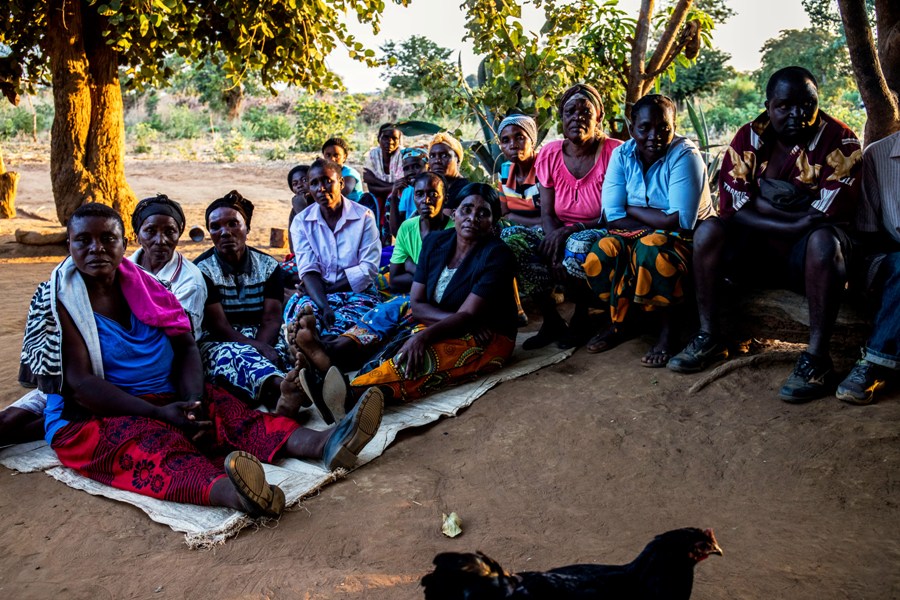
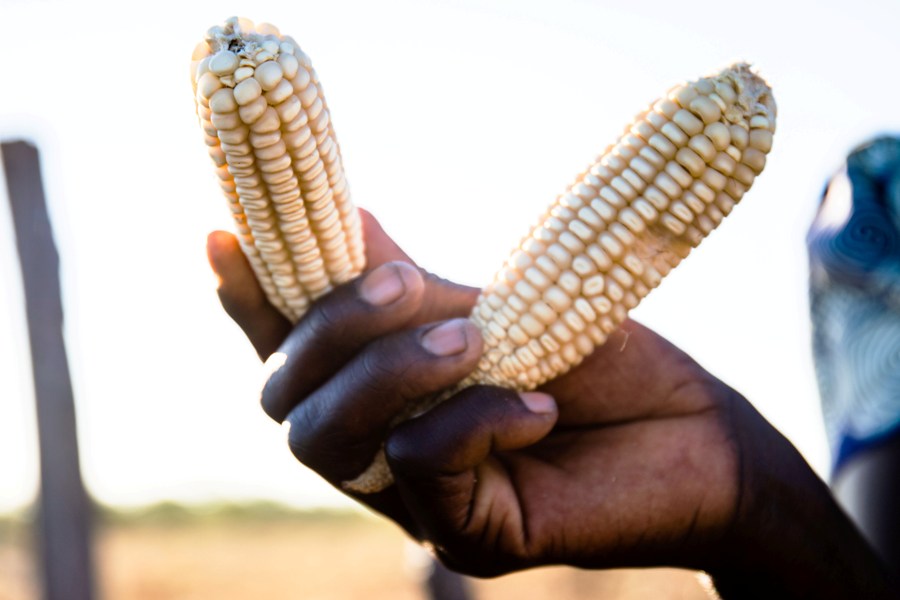
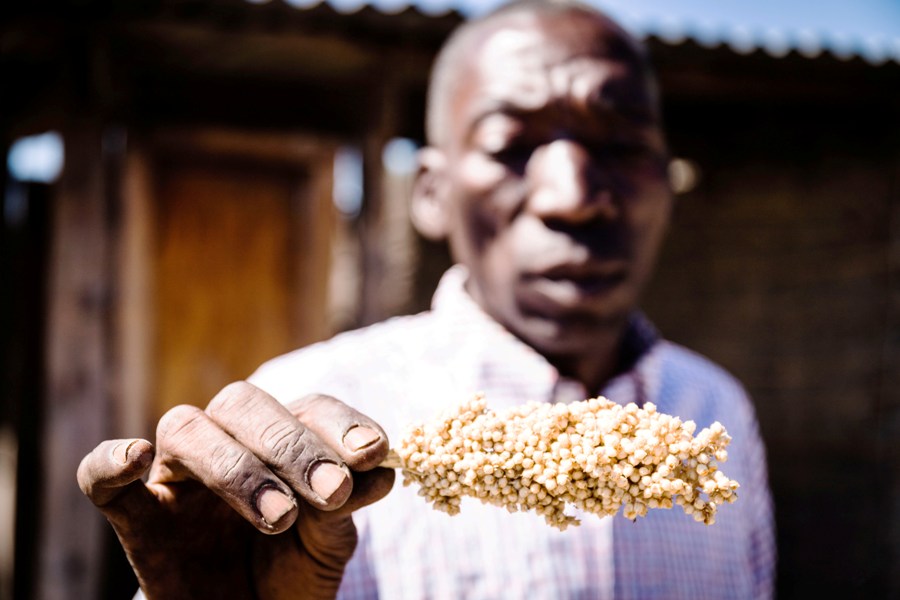
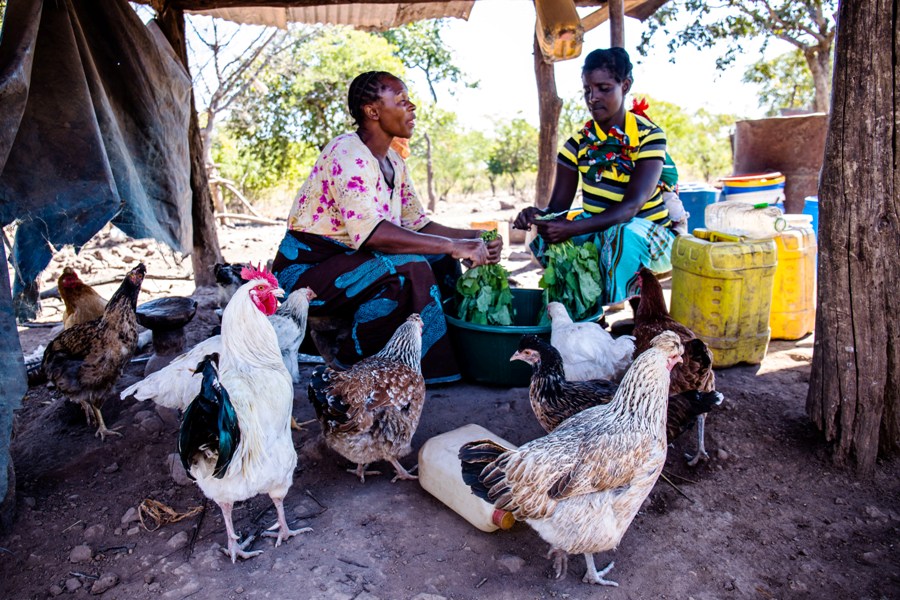
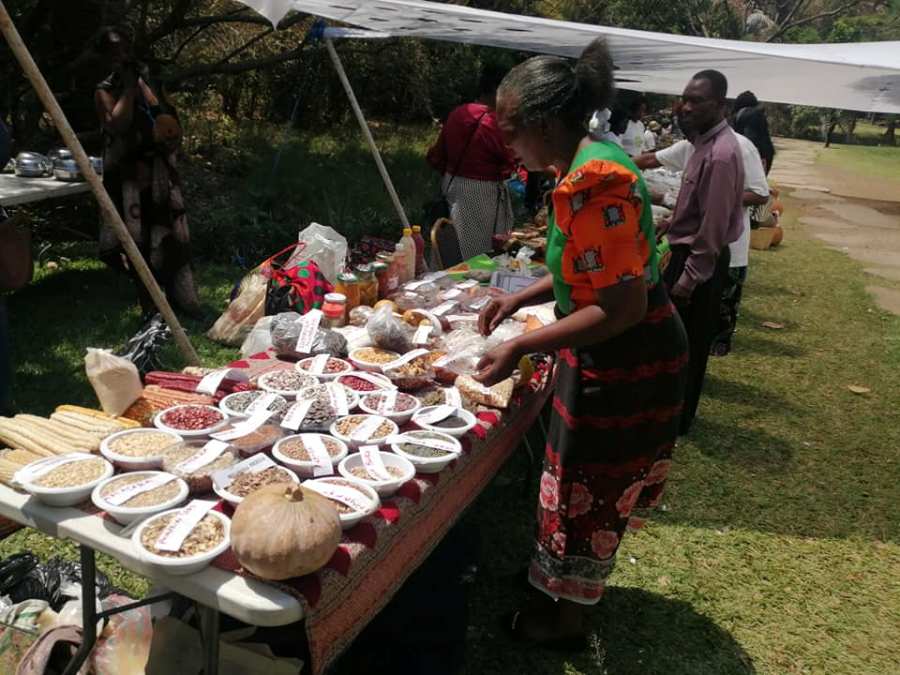
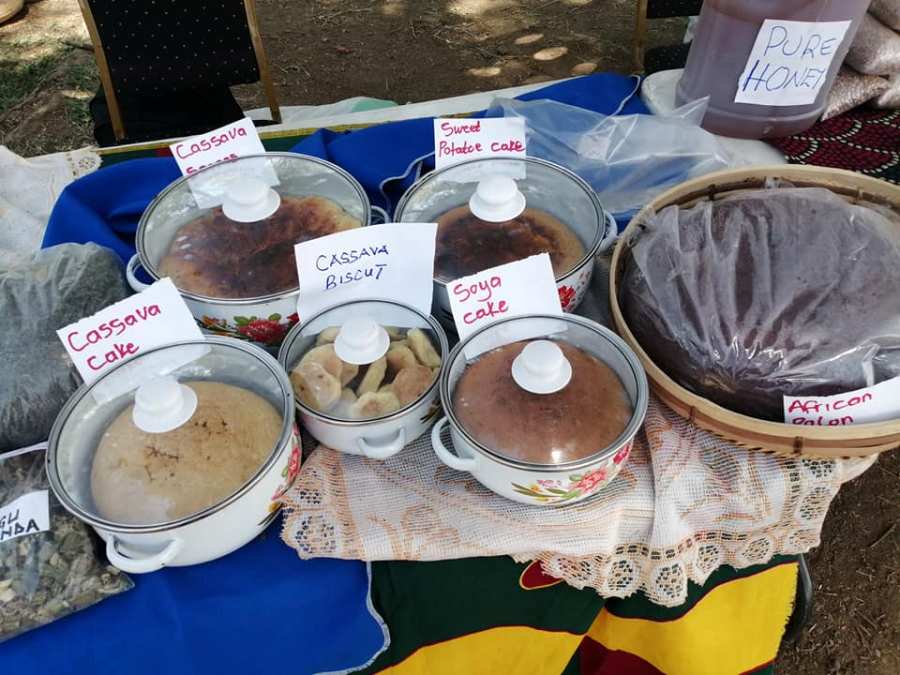
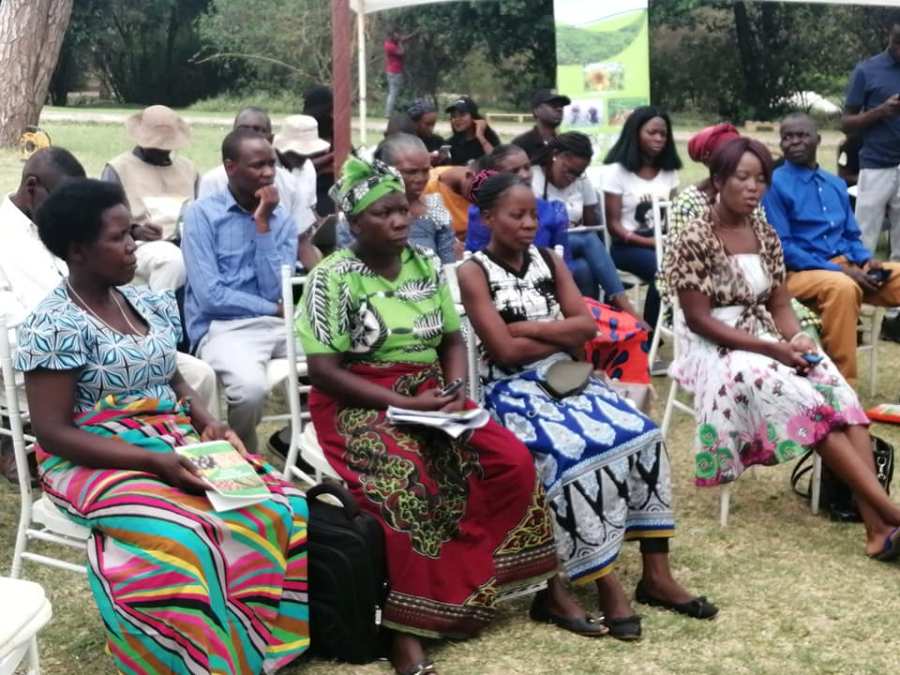
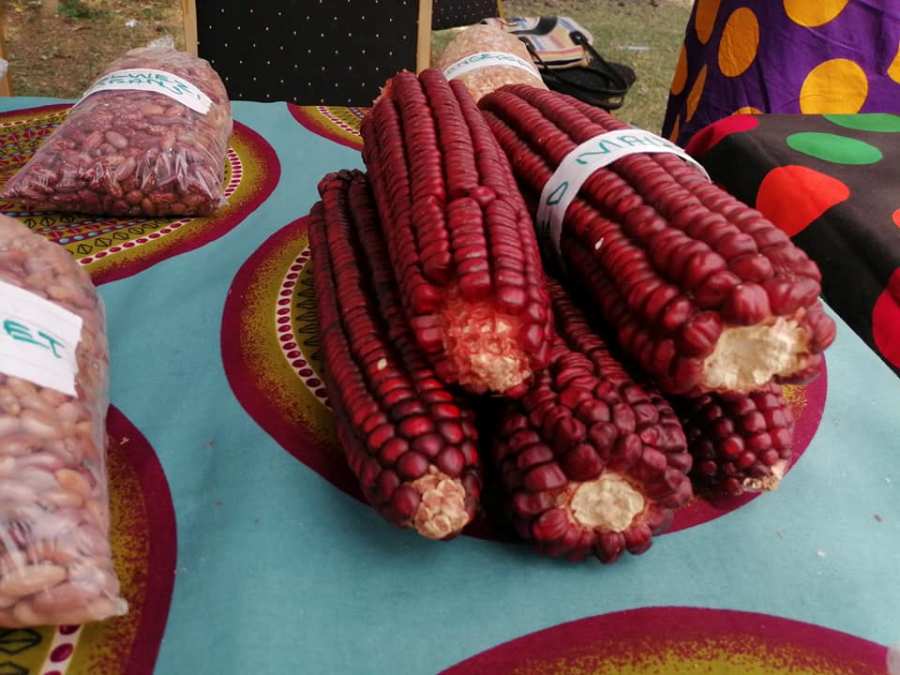
The Lenten campaign 2021 has officially been launched. Download the entire 2021 Lenten Reflections for Small Christian Community here https://caritaszambia.org/phocadownload/general/2021-Lenten-Reflections-for-Small-Christian-Community.pdf
- MESSAGE OF HIS HOLINESS POPE FRANCIS FOR THE 2021 WORLD COMMUNICATIONS DAY
- ZAAB COMMUNIQUE: There is no national consensus on GMOs, we maintain the Right to say No to GMOs in our food and agri-culture.
- The Review of the Operations of the Lands Tribunal for Zambia
- Walking 4 Equality - "Enough is enough"
- Message of Pope Francis for the Fourth World day of the Poor on 33rd Sunday in Ordinary Time
- Caritas Zambia News Bulletin, 2020 – 1st Edition
- Luapula Mining Insaka Charter of Demands
- 2nd North Western Province Chiefs Indaba
- Annual Celebration of SECAM Day 2020 (29th July and 2nd August 2020)
- ZCCB Statement on Constitution Amendment Bill No 10 of 2019
About Caritas Zambia
Caritas Zambia is a Catholic Organisation that is an integral structure of the Zambia Conference of Catholic Bishops (ZCCB). The Conference of Bishops is a permanent grouping of Bishops of a given nation or territory that jointly exercises certain pastoral functions on behalf of the Christian faithful of their territory. This is done for the sake of effective evangelisation. To promote the principle of the common good which the Church offers humankind, especially through forms and programmes of the apostolate which are fittingly adapted to the circumstances of the time and place, is the role of Bishops.
Kapingila Hse, Kabulonga Rd, Plot BRT6, P.O.Box 31965, Lusaka 10101, Zambia.
Tel: +260-211-260980 | +260-211-261789

